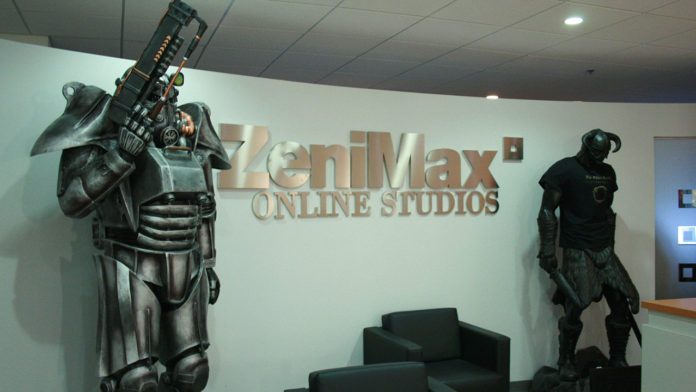It was a heated battle between Facebook and Zenimax that finally came to a conclusion in ZeniMax’s favor on February 1st of this year. Facebook was ordered to pay Zenimax $500 million even though the initial demand was for $4 billion in damages.
It started when Oculus co-founder Palmer Luckey broke his non-disclosure agreement with Zenimax, and John Carmack (co-founder of id Software) resigned from ZeniMax and joined the Oculus team as CTO. Facebook then acquired Oculus for $3 billion, wanting to play an integral role in the future development of virtual reality.
Shortly after the Oculus acquisition, ZeniMax filed for a lawsuit on the grounds that Carmack took company secrets with him that aided in the successful development of the Oculus Rift headset. Where it gets a little murky is trying to define exactly when Carmack began working on the Rift, since it was during the time that he was still employed with ZeniMax. Though he openly admits that he did work on code “off the clock”, Zenimax says otherwise.
This played another large piece of the puzzle in the lawsuit – determining when and where the Oculus Rift headset first originated. Mark Zuckerberg, who was called up to the stand during trial, spoke on the matter saying “We are highly confident that Oculus products are built on Oculus technology. The idea that Oculus products are based on someone else’s technology is just wrong.”
After 13 days of conflicting stories, the jury came to a verdict. Even though they did not find Facebook guilty of stealing trade secrets, they were found guilty on the grounds of violating non-disclosure agreements and slapped on the wrist for $500 million.
Of the awarded amount, $200 million was attributed to the non-disclosure agreement violations, $250 million was attributed to false designation claims, and the remaining $50 million was for copyright infringement.
Shortly after the lawsuit wrapped up and as could have been predicted, Oculus decided to appeal the ruling. Meanwhile, ZeniMax claims to further pursue Oculus and has asked the courts issue an injunction on the sales of the virtual reality headset.
ZeniMax has no plans of stopping with Facebook and has now turned their focus toward Samsung and the Gear VR. Though the Gear VR was released by Samsung, the technology is heavily based on software developments done by Carmack. ZeniMax’s general attack plan for this lawsuit is very similar to the claims they used against Facebook.
The official accusations against Samsung say that the Gear VR uses code developed by ZeniMax for VR, and that Samsung also used stolen trade secrets to develop the technology. Due to the fact that ZeniMax was unsuccessful in their attempt to sue Oculus for stolen trade secrets, they are going to need carefully plan their course of action with the deck stacked against them.
There is no dollar figure established yet as to how much ZeniMax is asking for, but they will be looking to obtain a portion of Gear VR sales as a royalty, as well as damages. While ZeniMax still deals with Oculus on the side, we can only wait and see how the Samsung lawsuit will pan out.









